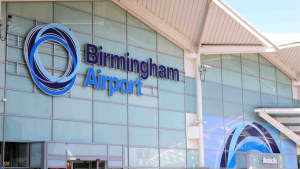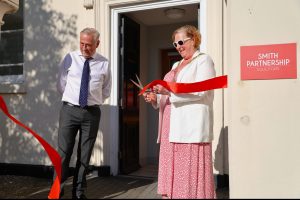Bank of England holds interest rates

THE freeze on interest rates by the Bank of England remained in place today as the Monetary Policy Committee kept levels at 0.5%.
Quantitative Easing also remained unchanged at £200bn.
There were rumours that the Bank would finally relent after the gross domestic product figures last week showed only a 0.5% rise between January and March this year.
MPC member Andrew Sentance last week warned the credibility of the committee might have been damaged by failing to tackle inflation by raising rates.
Mr Sentance, who is due to leave the committee at the end of May, said the MPC could face “a very difficult situation” this year or next if it waited for the indicators of an upward drift in inflation to be “flashing red”.
“I do worry that the MPC’s credibility and commitment to the inflation target may already have been eroded by not adjusting policy settings soon enough – as the challenge for monetary policy has shifted from preventing deflation to curbing inflation and from halting recession to managing the recovery,” he told a lunch hosted by professional services lobbying group Pro Manchester.
Mark Smith, regional chairman at PwC in the Midlands, said predictions May would be the tipping point for a change in policy had proved unfounded.
“Given the news that manufacturing is slowing and household spending power is being further squeezed, the committee was right to keep rates on hold,” he said.
“With public sector job losses and muted economic growth on the horizon, we are unlikely to see any strengthening of monetary policy until much later in the year and would encourage the committee to hold its nerve until there are more positive indicators available on the overall health of the economy.
“Stable interest and exchange rates are vital to help Midlands businesses make the investment decisions that will support economic growth, particularly in the export arena.”
Richard Halstead, Midlands director for EEF, the manufacturers’ organisation, said: “The middling growth figures for the start of this year were unlikely to tilt the balance of votes towards a rise this month.
“The recovery faces some stiff challenges over the rest of the year that could still create the perfect storm that could at best keep the economy on a plateau, or worse force a retreat back down the hill. So long as the underlying economic recovery remains murky the case for a rate rise can’t be made until it becomes clearer.”
CBI chief economic adviser Ian McCafferty said: “Given the recent mixed signals about the current strength of the economy, it is not surprising that MPC members have decided to keep interest rates on hold again.
“While the recovery continues to make progress, recent economic data show that it is very patchy across sectors, and some parts of the economy remain fragile.
“Pipeline inflationary pressures have intensified, with our economic surveys showing rapid cost inflation from increased energy and commodity prices. Our view remains that the Bank is likely to move away from the emergency 0.5% rate later this year.”
Christine Braddock, president of Birmingham Chamber of Commerce, said: “Inflation remains a massive concern for the private sector and with the introduction of pending new legislation, this will also hinder business growth.
“The more costly regulations this year include right to request time off which will have an annual recurring cost to business of £174.96m and the agency workers directive which will have an annual recurring cost to business of £1,548m.
“Rising interest rates at the current time could risk a new setback, and every effort must be made to ensure this does not happen.”
Research clients, prospects and trends by searching TheBusinessDesk.com’s extensive story archive. Click here.









